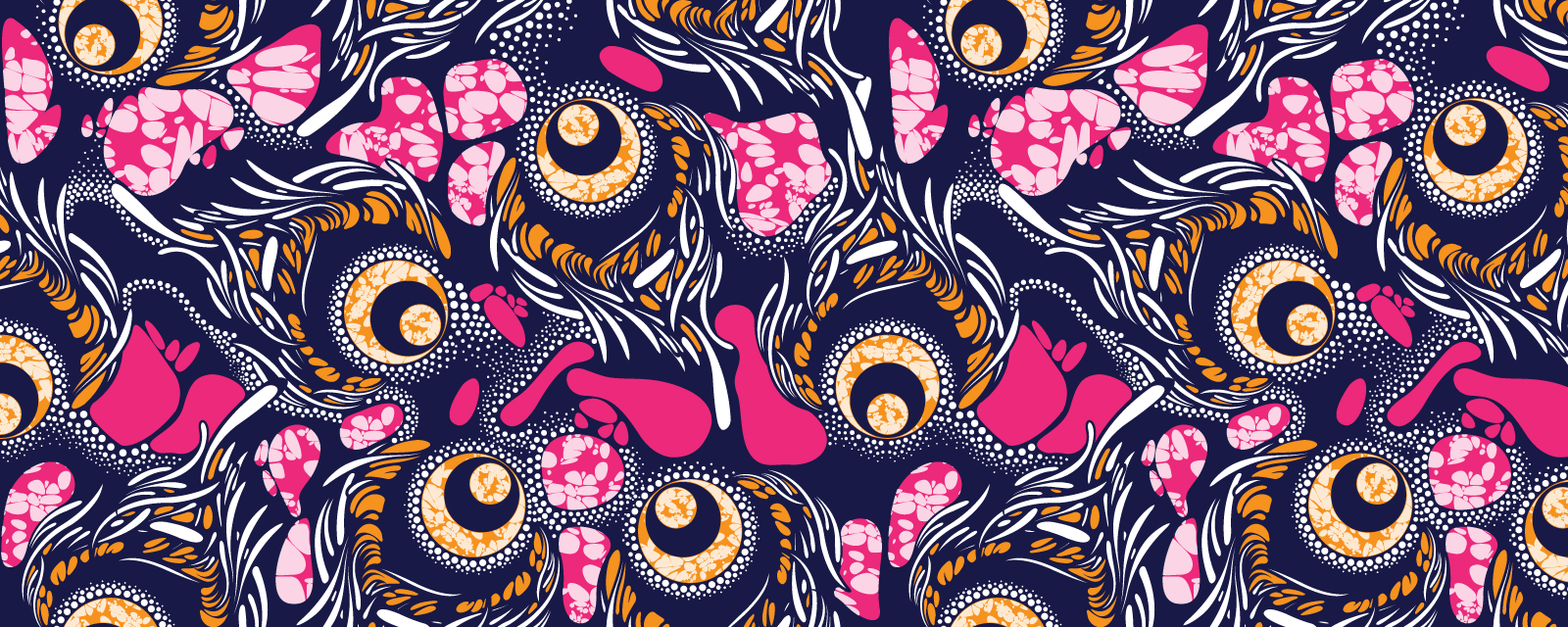These Oríkì, or Chief’s Praises, were recorded in Yorùbá in the early 1950s by Ulli Beier, the German-Jewish scholar who went on to make distinguished contributions to Nigerian literature. The city of Ikerre is in the Ekiti State of Nigeria. The translation has been modified slightly.
However small the needle, the hen can swallow it. (1)
The toad jumps happily in the presence of the snake. (2)
Two hundred needles do not equal a hoe,
and two hundred stars do not make one moon.
The white hair of the albino cannot be dyed;
a good rider will not be thrown off his horse.
If a woman has used the white hair of an albino and still cannot conceive,
there is no hope left for her. (3)
The hunter thinks the monkey is not wise.
The monkey is wise, but he has his own logic.
It is not the snake that is afraid, but the one who steps on it.
The toad walks proudly in the face of the cook.
Even the king’s horse has fat haunches.
A man can be annoyed. God cannot be annoyed.
God’s blessing cannot be forced.
The lizard cannot pretend to be a python.
Nobody can be a king while his father is alive. (4)
Whether the moon shines or it is pitch dark,
the mighty man will be recognised when he is met.
He is the husband of the black wife and the yellow wife.
He is the husband of the fat wife, selling tobacco in the market.
The white ants are looking at the stone without hope.
You must not fight, you must not quarrel,
if you want to be the father of many children.
He draws the red palm oil from the necks of men. (5)
The Okin bird has only one white feather. (6)
H.U. Beier,
“Yoruba Vocal Music”,
African Music Society Journal 1.3 (1956) 25.
Footnotes
- The Oriki consist of a series of proverbial-like statements, each celebrating the Ogoga’s superiority to what is smaller or less powerful.
- Toads are poisonous, and snakes leave them alone.
- Albino hairs were used as medicine. The praise means if the king can’t help her, no one can.
- What makes this impossible under Yorùbá law is that there would be someone before whom the king would have to bow down.
- A grim image, meaning the Ogoga has the power over life and death.
- The Okin bird has a single white tail feather, which forms part of the Ogoga’s crown.

